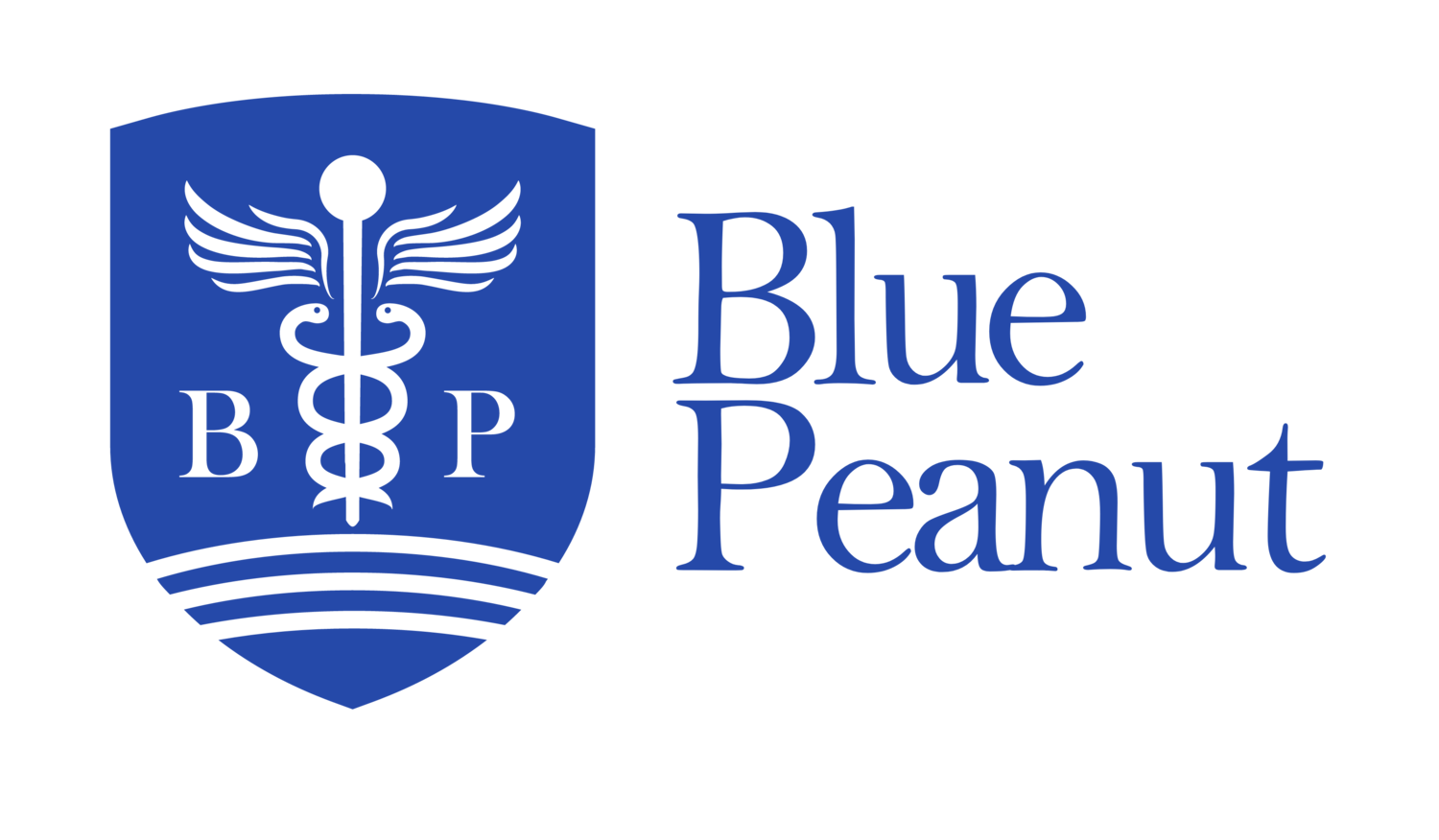What GCSEs do I need to be a doctor?
What GCSEs do I need to be a doctor?
So many friends, colleagues, parents and of course, students come to me and ask this question, what GSCE subjects do I need to be a doctor? Often I've just looked at them and replied "everything, do everything and get the highest grades!". Of course, the answer wasn't entirely incorrect, in fact there is a lot of truth to it, in short, yes you have to do a lot of GCSE subjects which you would do anyway and yes, of course you have to aim for the highest possible grades in each subject. In equal measure however, there are some other facts that I feel I need to delve into and explain...
What do the Universities require?
Universities vary in their requirements for GCSEs. Some will calculate the score from the 8 highest GCSE grades you get, others will look at all of them and then others will focus more on the core subjects like Maths, English and Sciences only. Some Universities will look at your application even if you had some grade Bs in the core subjects, others will not even short list your application for interview. Universities look at GCSEs differently with relation to your UKCAT performance and A level scores. In conclusion, the requirements vary somewhat between universities as explained above but I think we can conclude, you need to do very well in your GCSEs. From Blue Peanut, we have been officially advising our students and parents to aim for GCSEs with at least 8 A* (A stars), especially in the core subjects. In new GCSE currency, i.e. the number system, the equivalent would perhaps be grades 8 or 9 in at least 8 GCSEs.
What GCSEs to choose?
It is quite universal in the UK that most schools will require the student to do the core subjects (Maths, English literature, English language, Biology, Chemistry, Physics or Dual Sciences) so here the student has no choice. For the other subjects, we advise that the student strongly considers his or her strengths and likes i.e. choose subjects which they have enjoyed in years 7 to 9. It is important to pick subjects they enjoy so that the chances of achieving highest grades in the end is maximised.
I believe the above will put the student in the strongest possible position in achieving the highest GCSE grades possible and thereby maximising the chances of getting into medical school.
Abdul Mannan

